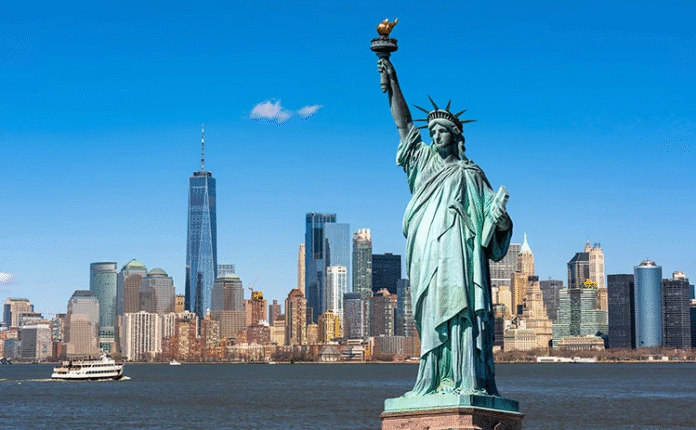
Ghanaians applying for U.S. non-immigrant visas will now face an additional $250 fee, following a new policy introduced by the United States government.
The fee, described as a visa integrity surcharge, applies to various categories including tourist, student, exchange, and work visas.
This new charge pushes the total cost of a typical U.S. visa application for Ghanaians closer to $500, excluding other expenses such as travel, documentation, and appointment-related costs.
The fee affects applicants for F-1 and F-2 student visas, J-1 and J-2 exchange visitor visas, H-1B and H-4 temporary employment visas, and B1/B2 tourist visas — the most common visa type for Ghanaians visiting family, attending events, or travelling for business in the U.S.
Most Ghanaian visa applicants are granted a three-month single-entry visa, meaning they must undergo the entire application process and pay the full fee again for any future trips.
Unlike Ghana, citizens of 42 countries — mostly in Europe, along with Canada, Bermuda, and selected nations in Asia and the Gulf — are covered under the U.S. Visa Waiver Program, which allows them to enter the U.S. for up to 90 days without a visa.
No African country is part of this program, highlighting longstanding inequalities in global mobility.
The new $250 fee adds to the burden already faced by many Ghanaian applicants, who contend with long visa processing times, high rejection rates, and limited appointment availability.
For many, the additional cost could serve as a deterrent to travel, even for legitimate academic, professional, or family visits.
The timing of the surcharge has also raised eyebrows, as the U.S. prepares to host major international events such as the 2026 FIFA World Cup and the 2028 Summer Olympics in Los Angeles.
Experts warn that the cost could limit participation and attendance from regions like Africa, South America, and Asia.
While U.S. authorities say the revenue from the fee will go to the Treasury’s general fund, there is no indication it will be used to improve visa services or reduce the persistent backlogs and delays that disproportionately affect African applicants — including those from Ghana.
DISCLAIMER: The Views, Comments, Opinions, Contributions and Statements made by Readers and Contributors on this platform do not necessarily represent the views or policy of Multimedia Group Limited.
DISCLAIMER: The Views, Comments, Opinions, Contributions and Statements made by Readers and Contributors on this platform do not necessarily represent the views or policy of Multimedia Group Limited.


